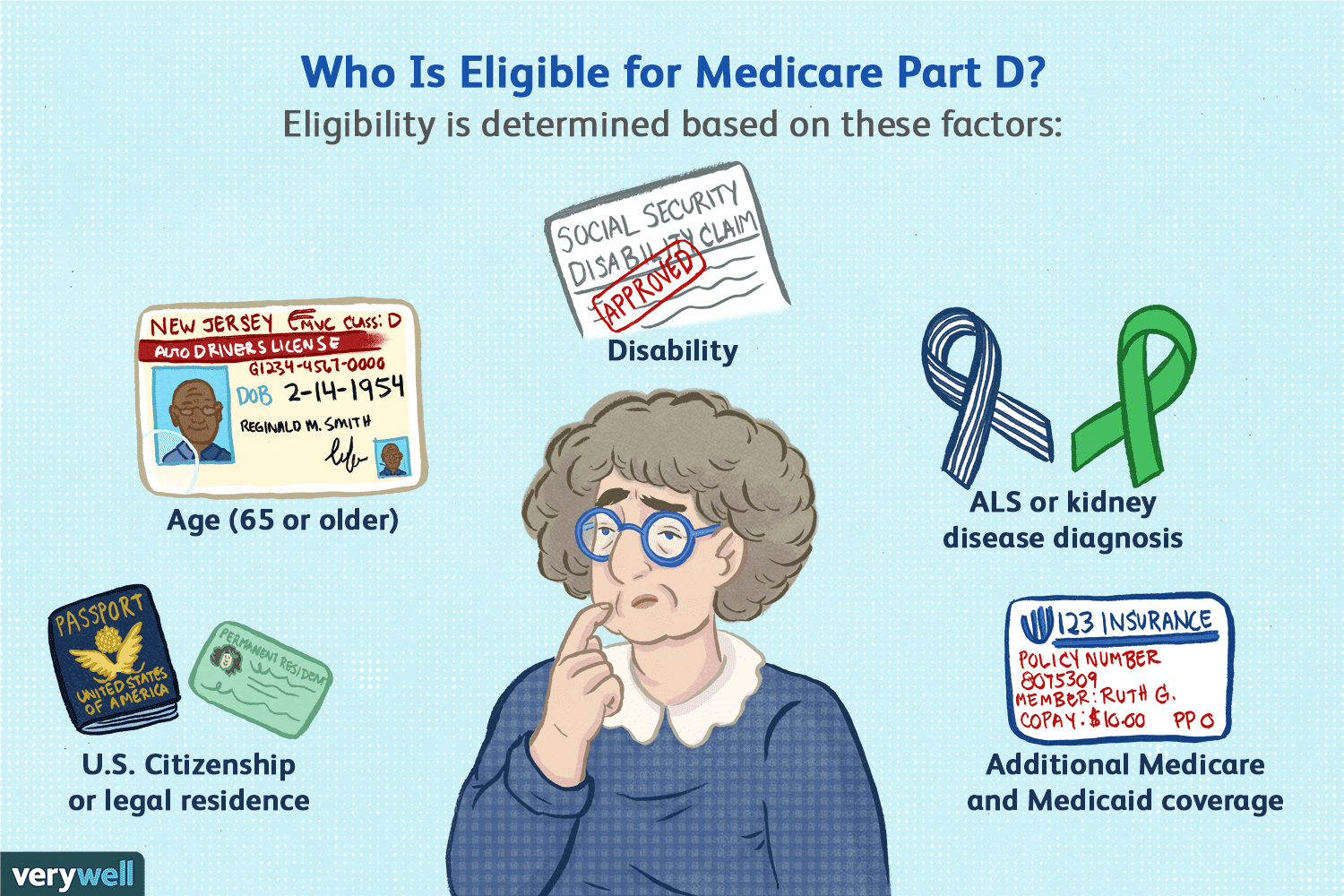In the intricate world of Medicare billing, understanding the nuances of each part is crucial for healthcare providers, including pharmacies. One common question that arises is whether pharmacies can bill Medicare Part B, and if so, under what circumstances? This comprehensive guide will shed light on the eligibility criteria, enrollment process, and covered services for pharmacies seeking to bill Medicare Part B.
The Significance of Medicare Part B for Pharmacies
Medicare Part B, also known as Medical Insurance, covers a wide range of medical services and supplies, including certain prescription drugs and medical equipment. For pharmacies, the ability to bill Medicare Part B can open up new revenue streams and provide access to a broader patient base. However, it’s essential to understand the specific requirements and limitations outlined by the Centers for Medicare & Medicaid Services (CMS).
Eligibility Criteria for Pharmacies to Bill Medicare Part B
To bill Medicare Part B for covered items and services, pharmacies must meet specific eligibility criteria and undergo an enrollment process. According to CMS, pharmacies must enroll in Medicare as either a Durable Medical Equipment, Prosthetics, Orthotics, and Supplies (DMEPOS) supplier or as a provider of Part B-covered drugs.
To enroll as a DMEPOS supplier, pharmacies must:
- Obtain a National Provider Identifier (NPI)
- Provide proof of all applicable federal and state licenses and certifications
- Demonstrate operational capability to furnish Medicare-covered items or services
To enroll as a provider of Part B-covered drugs, pharmacies must:
- Obtain a valid state license to dispense prescription drugs
- Meet specific accreditation requirements (if applicable)
- Comply with all Medicare supplier standards
It’s important to note that pharmacies must enroll separately for each category they wish to bill Medicare Part B.
The Enrollment Process for Pharmacies
The enrollment process for pharmacies billing Medicare Part B involves several steps:
-
Completion of the Appropriate Enrollment Application: Pharmacies must complete either the Medicare Enrollment Application for DMEPOS Suppliers (CMS-855S) or the Medicare Enrollment Application for Institutional Providers (CMS-855B), depending on the category they wish to enroll in.
-
Submission of Supporting Documentation: Along with the enrollment application, pharmacies must submit various supporting documents, such as licenses, certifications, and proof of operational capabilities.
-
Screening and Verification: CMS conducts screening and verification processes to ensure that the pharmacy meets all enrollment requirements. This includes site visits and background checks.
-
Approval or Denial: Upon review, CMS will either approve or deny the pharmacy’s enrollment application.
-
Revalidation: Enrolled pharmacies must revalidate their enrollment every three to five years to maintain their billing privileges.
Covered Services Under Medicare Part B for Pharmacies
Once enrolled, pharmacies can bill Medicare Part B for various covered services and items, including but not limited to:
- Durable Medical Equipment (DME) and related supplies
- Prosthetic and orthotic devices
- Certain immunizations, such as the influenza vaccine
- Oral cancer drugs
- Immunosuppressant drugs
- Certain injectable drugs and biologicals
It’s important to note that the specific coverage and billing guidelines may vary depending on the type of service or item provided. Pharmacies should familiarize themselves with the relevant Medicare policies and regulations to ensure compliance.
Limitations and Considerations
While Medicare Part B provides opportunities for pharmacies to expand their services and revenue streams, there are certain limitations and considerations to keep in mind:
- Exclusions: Certain services and items, such as most self-administered prescription drugs, are excluded from Medicare Part B coverage for pharmacies.
- Network Participation: Some Medicare Advantage (Part C) plans may have specific network requirements for pharmacies billing Part B services.
- Compliance: Pharmacies must adhere to all Medicare rules and regulations, including those related to documentation, coding, and billing practices.
- Audits and Reviews: CMS and its contractors may conduct audits and reviews to ensure proper billing practices and compliance with Medicare guidelines.
Conclusion
Pharmacies can indeed bill Medicare Part B for covered items and services, provided they meet the necessary eligibility criteria and complete the enrollment process. However, it’s crucial to understand the specific requirements, covered services, and limitations associated with billing Medicare Part B as a pharmacy. By staying informed and compliant, pharmacies can leverage this opportunity to expand their service offerings and provide high-quality care to Medicare beneficiaries.
Remember, the Medicare landscape is constantly evolving, and it’s essential to stay up-to-date with the latest policies and regulations. Consulting with healthcare legal professionals and leveraging industry resources can help pharmacies navigate the complexities of Medicare Part B billing and ensure a seamless and compliant billing experience.
Billing Process Medicare & Durable Medical Equipment DME With RJ Hedges | Pharmacy Compliance Series
FAQ
Can a pharmacist bill Medicare Part B?
Can specialty pharmacies bill Medicare Part B?
What CPT codes can a pharmacist bill for?

